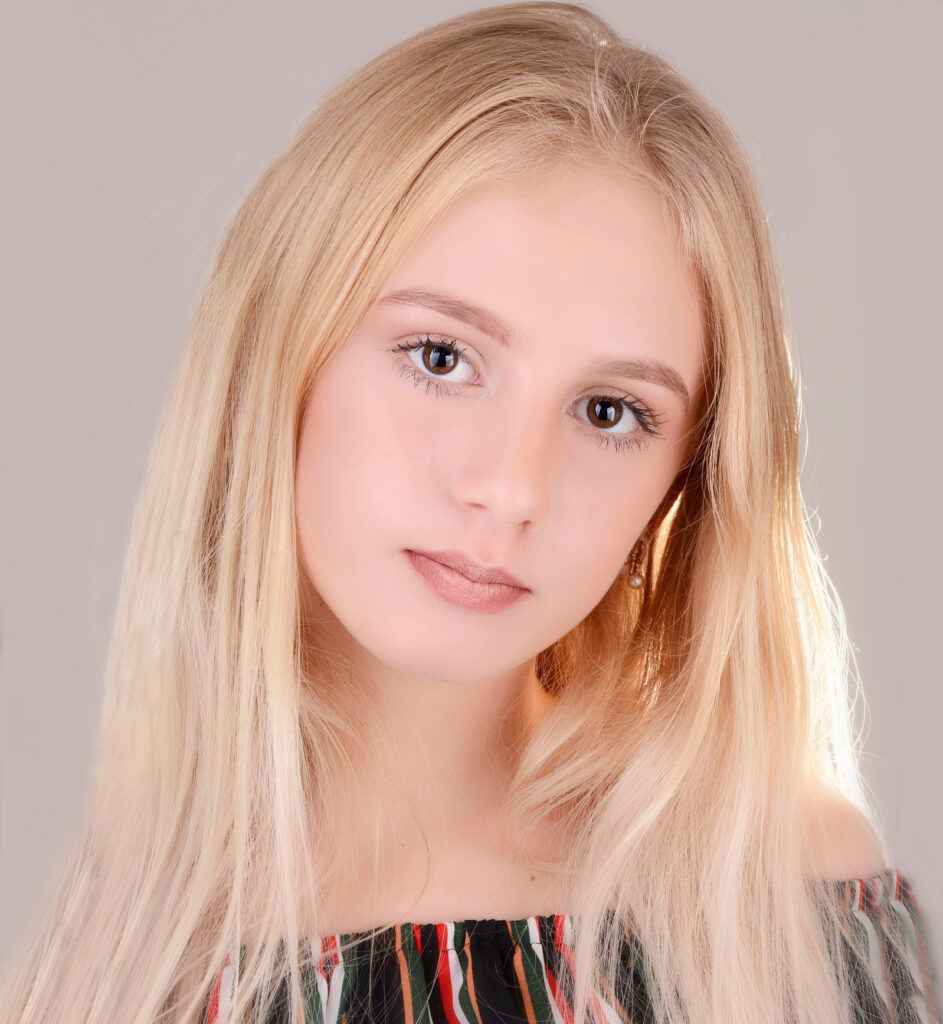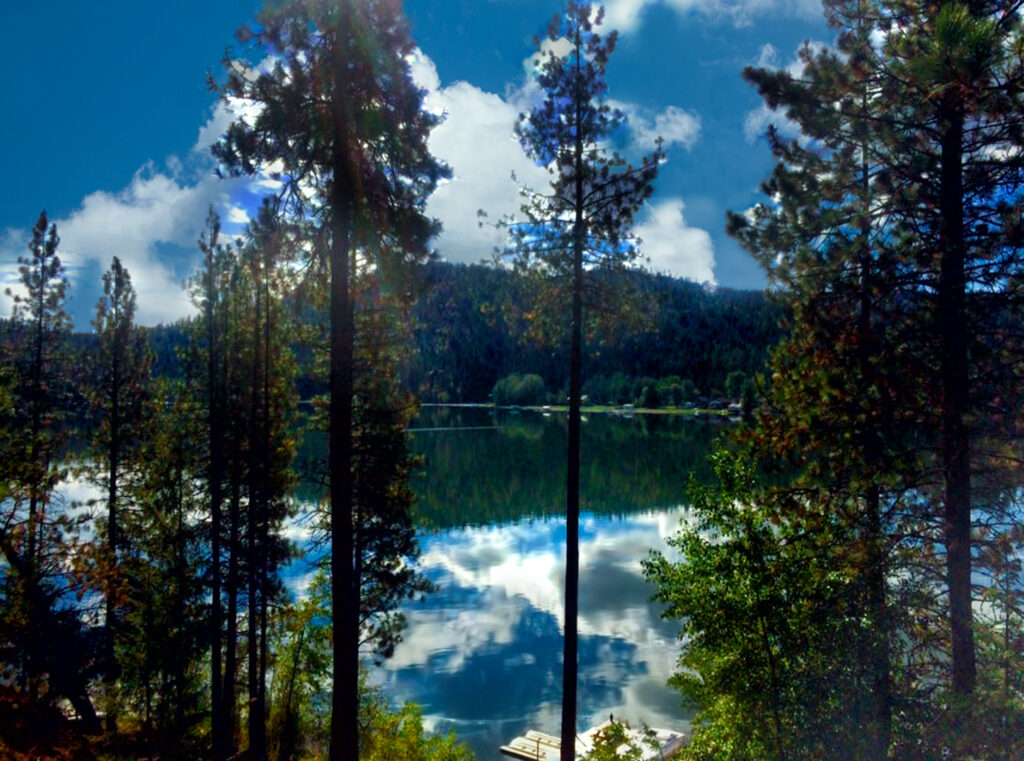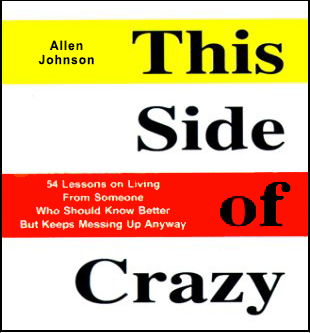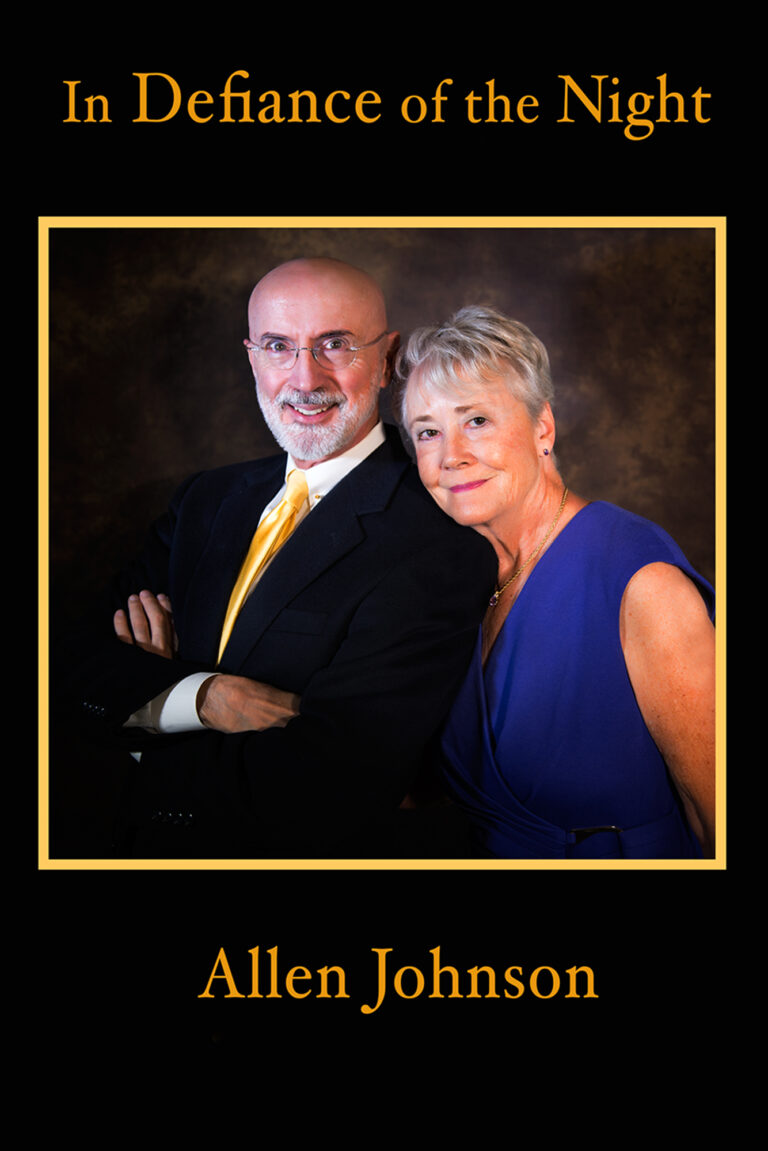God’s job is taken; new candidates need not apply
LAST NIGHT I SLEPT UNDER THE STARS. The newspaper reported there would be a spectacular comet shower, an event that happens only once a year. So, I got out my sleeping bag and favorite pillow and pitched camp in my back yard.
My Old English sheepdog settled down beside me. He stared at me, his head cocked and eyebrows raised in wonder.
“How unexpected and doglike,” he must have thought.
The sky was clear; the air was cool. It was a perfect night for stargazing. With every falling star, I felt a small jolt, a gentle leap of joy. Soon I began thinking about another night under the stars long ago, the night I met the girl who broke my heart.

I was fourteen years old. My family was spending the summer at Newman Lake northeast of Spokane. It was the perfect setting for a summer romance: mountains, trees, beach, and water.
One night, my brother, a friend, and I walked to a nearby coffee shop at Honeymoon Bay Resort to play the pinball machines. That’s when I saw her: a beautiful, platinum blonde, 14-year-old woman of the world. I knew she was experienced; she had that serene look of carnal knowledge.
“Who is that?” I asked my friend, pointing with the side of my head, so as not to be conspicuous.
“That’s Julie,” my friend said. “Forget her. She goes with the paper boy, and he’s 16.”
But evidently Julie felt no bond of loyalty to the young journalist. She walked directly to me and introduced herself.
“Hi, my name is Julie.”
Boy, was she smooth.
Then she did something I’ll never forget. She playfully stepped on my brand new, low-cut tennis shoes; it was so cool.
That was the beginning of the romance of the summer. We spent every day together: swimming, water-skiing, sun bathing. At night we looked at the stars and kissed a lot; it’s amazing how long two fourteen-year-olds can kiss. And then it happened. One morning near the end of the summer, I looked out our cabin window that overlooked the lake. I was killed. There they were: Julie and the 16-year-old paperboy, scuba diving off the end of the dock. A few moments later they were driving off together in his ’58 Chevy convertible.
That was the end. There was no goodbye—nothing. The summer was over, and I started another year at school. But all year long I thought about Julie. At night, I lay in bed with my eyes open and made up stories about what happened. I imagined that she was kidnapped and drugged and sold to an Arab prince in the white slave market. That was the only possible explanation.
It was two years before I saw Julie again. We were spending another summer at the lake. Julie was there and even prettier than I had remembered. I did not speak to her; I was too nervous. But she spoke to me. One evening she asked if I would like to go for a walk—as if anything could stop me.
We strolled silently to a nearby picnic area. I leaned against a large pine, both hands tucked into my back pockets, trying to look as tragic as possible.
I rehearsed the familiar words in my head. “Julie,” I finally said, “what happened two summers ago?”

She looked at me sadly. “Oh, Allen,” she whispered, “I was so immature. And you are so neat, the sweetest guy I’ve ever known. How could I have left you? Can you ever forgive me?”
Then she stepped forward and pressed her lips against mine. I was transported to heaven. For a moment I think I lost control of my bladder. It was better than all of my fantasies.
Again, the romance rekindled—no, inflamed. By the end of the summer, we were totally devoted. We promised each other that we would write faithfully and reunite the following summer.
Every week I wrote to Julie, spicing my letters with lines of poetry from my freshman literature book. And then I did something that was outrageously stupid.
I had been raised in a very conservative church. We were taught that there were many worldly things to tempt us—all of which should be carefully avoided. One of those vices was going to the movies; Christians did not do that.
Yet Julie, who called herself a Christian, did go. How was that possible? I was deeply troubled by the paradox, so I challenged her in a letter.
I waited a week for her response; there was none. I waited two weeks; still no response.
Finally, I realized what I had done. I quickly wrote another letter.
“Who am I to judge you?” I wrote. “Please forgive me.”
I mailed the letter and waited. A week went by, two weeks, a month. Julie never wrote again. And I was sick with remorse and shame.
Years later, after I had graduated from college, I decided to give Julie a call. I wanted to know what had happened to her; I wondered if she was happy. But mostly, I wanted to reminisce, to share some of the old stories, to think back for a few moments on the thrill of young love.
Julie answered the phone, and I introduced myself. Immediately, I felt a coolness, a distancing from me. There was no common bond. Julie had no desire to reminisce. She assured me quickly, and very politely, that she was happily married; in fact, life could not be better.
“You don’t understand,” I wanted to say. “I do not want to break up your marriage; I only want to remember.”
That may have been the saddest phone call I’ve ever made.
Last night, I thought about all that while watching the shooting stars. Awed by the magnitude of the universe, I marveled at my audacity. How could I, a speck in time and space, ever have thought I could sit in for God?


